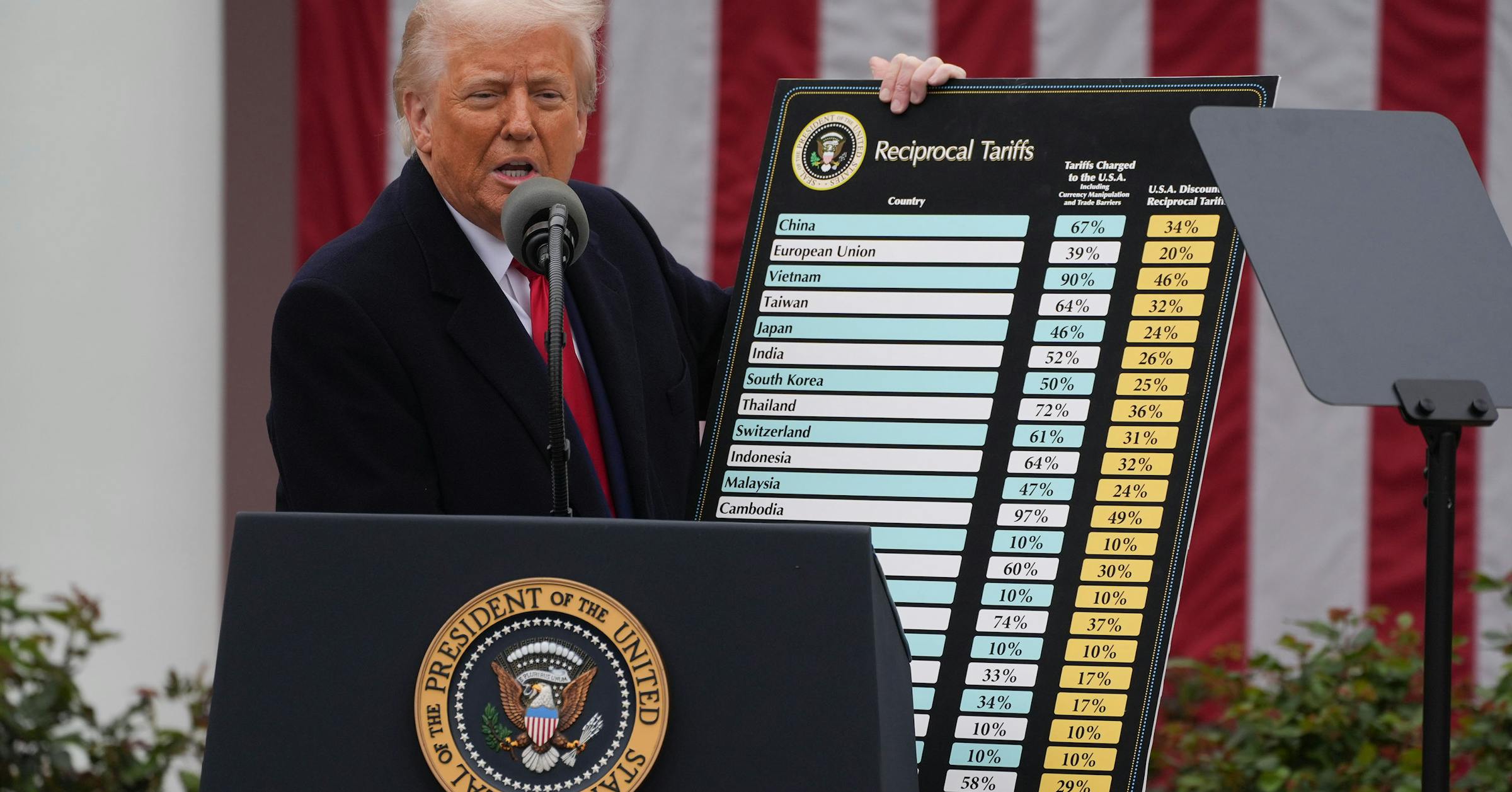
The Looming Threat of Inflation: How Tariffs Could Impact Your Wallet
The cost of living is a constant concern for most of us, and lately, that concern is growing louder. A looming wave of potential price increases is threatening to hit our wallets hard, and the culprit might be closer than you think: tariffs.
For those unfamiliar, tariffs are essentially taxes imposed on imported goods. While they might seem like a way to protect domestic industries, the impact often extends far beyond the targeted sector. When tariffs are implemented, the increased cost of importing raw materials or finished products is almost inevitably passed on to consumers. This means higher prices for everyday items, potentially leading to significant inflationary pressure.
The current situation is particularly precarious. Recent announcements suggest a significant increase in tariffs on a wide array of imported goods. This isn’t just a small adjustment; we’re talking about potential price hikes across numerous sectors, potentially impacting a substantial portion of the goods we regularly purchase.
One area poised for a significant hit is apparel. A large percentage of clothing sold in our country is imported, frequently from countries subject to these new tariffs. This means that the cost of manufacturing those clothes will increase, directly leading to higher prices for consumers. Expect to pay more for your next shirt, pair of pants, or even your children’s school uniforms. This is especially troubling as clothing is often a considerable expense for families, particularly those with lower incomes.
But the impact won’t be limited to clothing. The ripple effect of these tariff increases could be far-reaching. Consider the food industry. Many processed food items rely on imported ingredients, from spices and oils to certain fruits and vegetables. If the cost of these ingredients rises due to tariffs, food manufacturers will have little choice but to pass these increased costs onto consumers at the grocery store. This could mean a significant jump in the price of everyday staples, potentially impacting household budgets considerably.
The timing of these potential price increases is also alarming. The projected implementation date for many of these tariffs is rapidly approaching, leaving consumers with little time to prepare for the impending financial impact. The lack of advance warning makes budgeting extremely difficult, forcing families to potentially cut back on other essential expenses or forgo planned purchases altogether.
The broader economic consequences are equally concerning. Increased prices on essential goods can lead to reduced consumer spending, potentially slowing down economic growth. This could create a domino effect, impacting businesses across various sectors and potentially leading to job losses.
The situation highlights the complex relationship between international trade policy and domestic economic stability. While tariffs might offer short-term advantages for specific industries, the long-term consequences for consumers and the overall economy can be significant and far-reaching. It’s a reminder that the seemingly abstract world of trade policy has very real and immediate consequences for the everyday lives of ordinary people. Keeping a close eye on these developments and understanding their potential impact on personal finances is crucial in navigating this challenging economic climate. The coming weeks will likely bring further clarity, but for now, brace for the potential sting of higher prices on a wide range of goods.



Leave a Reply